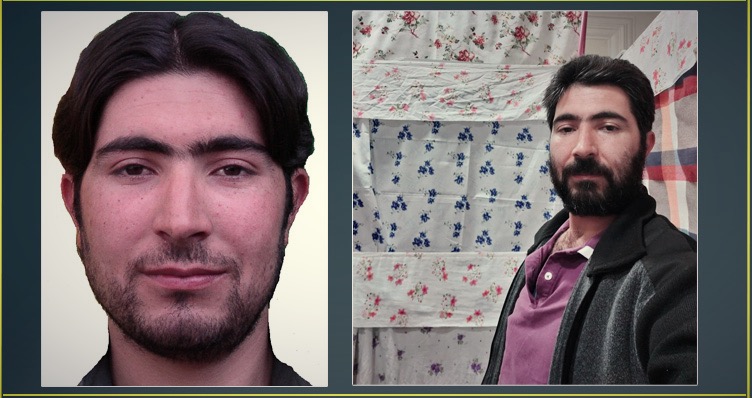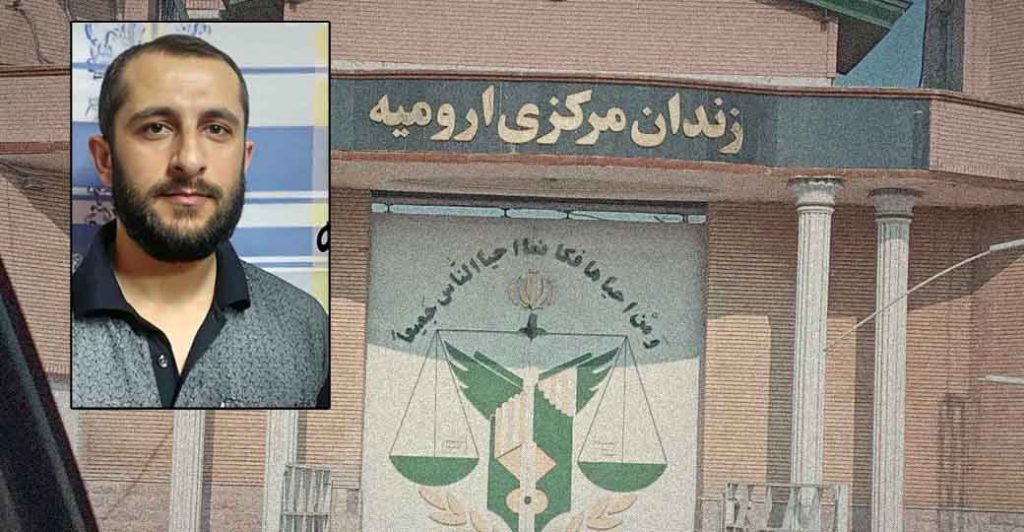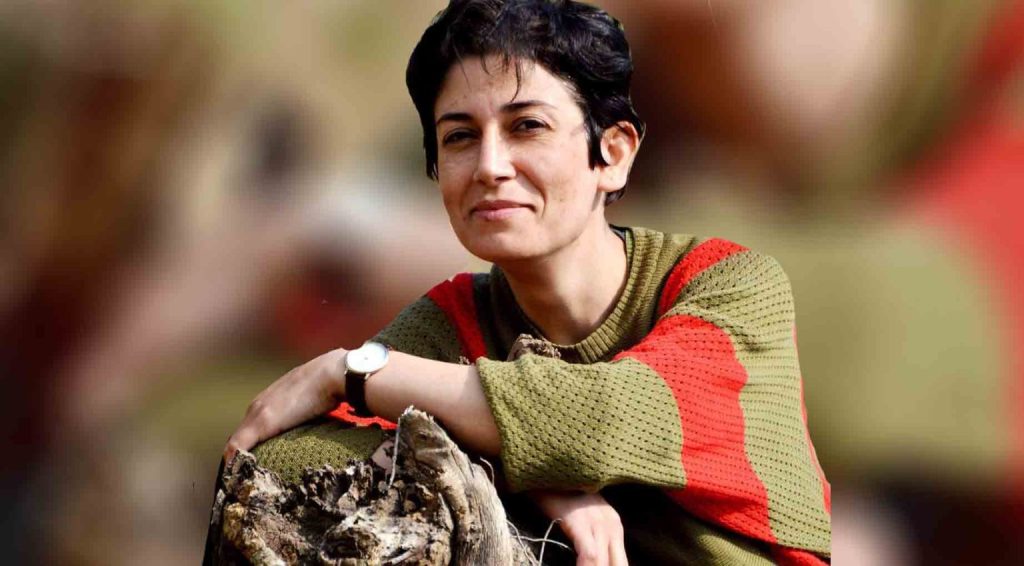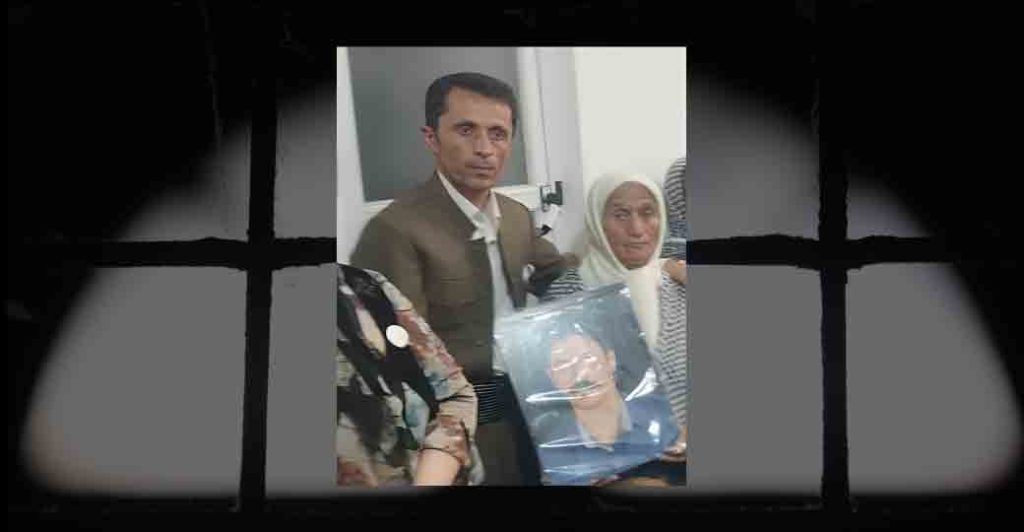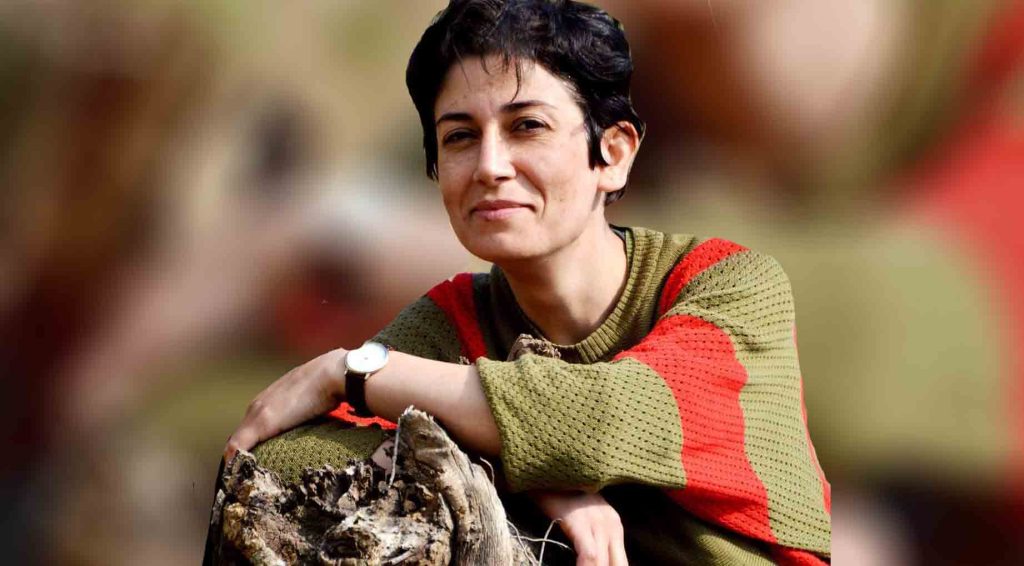Kurdish political prisoner Ahmad Tamoui has been released today from the prison of Orumiyeh, West Azerbaijan province.
Tamoui served 14 years and two months of his 15-year prison sentence.
He was deprived of his right to temporary leave and parole during his imprisonment.
Background
Ahmad Tamoui, a political activist from Salmas, was arrested by the intelligence forces of the Islamic Revolutionary Guard Corps (IRGC) in Mahabad on 24 October 2007 and was taken to the detention centre of the Intelligence Organization of the IRGC in Orumiyeh.
In 2016, in an open letter to Ahmad Shaheed, the UN Special Rapporteur on Iran at the time, he said that in 2007 he had been held in solitary confinement and tortured for two months in the detention facility of the Intelligence Organisation of the IRGC in Orumiyeh on the accusation of “membership in the Kurdistan Free Life Party (PJAK)”.
Tamoui said in the letter that he had been tortured with “electric shock”, “hanging”, “whipping”, and “mock execution”.
After two months of interrogation and torture, the political prisoner was transferred to the office of the intelligence ministry in Mahabad and was interrogated there for another month. He was then taken to Mahabad Prison.
Tamoui was tried in a 10-minute session in February 2008 by Branch 1 of the Islamic Revolutionary Court in Mahabad on charges of “enmity against God”. The court sentenced him to 15 years in prison and internal exile to Orumiyeh Central Prison.
Following the verdict, security forces threatened his lawyer and forced him to resign. Therefore, Tamoui could not appeal against the ruling and the outcome of the court of the first instance was upheld.
In the summer of 2008, he was internally exiled to Orumiyeh Central Prison after protesting against the court’s conduct during the inspection of the Prosecutor General of West Azerbaijan province and the confirmation of his sentence.
According to what Tamoui wrote in another open letter in January 2011, during the execution of political prisoner Hossein Khezri, the authorities of Orumiyeh Central Prison transferred Tamoui and some other political prisoners to solitary confinement to intimidate and psychologically torture them. After Khezri’s execution, Tamoui went on hunger strike for 20 days to protest the actions of prison authorities.
On 18 February 2011, Tamoui was transferred from Orumiyeh Central Prison to the detention centre of the Ministry of Intelligence in the city and was interrogated and tortured in solitary confinement for one month. He was accused of “propaganda against the state” and “communication with foreign media”.
He was also taken to solitary confinement in Orumiyeh Central Prison in early 2012 for no reason and was held there for 25 days.
In February 2012, he was transferred to solitary confinement in the office of the intelligence ministry in Orumiyeh for two days. He was subjected to psychological pressure to make forced confessions live on TV.
The political prisoner was once again transferred from Orumiyeh Central Prison to the office of intelligence ministry on 11 October 2012 and was interrogated and tortured for two months on charges of “propaganda against the state” and “connection with Ahmad Shaheed [the UN Special Rapporteur on Iran]”.
According to Tamoui, interrogators wanted him to give an interview on TV, but he refused it.
Following this, at midnight of 10 December 2012, he was transferred to the interrogation room for psychological torture. He was informed that his death sentence had been issued in absentia and would be carried out soon. However, he continued to refuse to be interviewed on TV.
That night, he was internally exiled from Orumiyeh to Rajai Shahr Prison in Karaj in handcuffs and fetters. He spent seven months in prison without any phone calls or in-person visits by his family.
The political prisoner was returned to Orumiyeh Central Prison in July 2013. One month after his transfer to the prison, he was summoned to the prison intelligence office, interrogated, tortured, and ill-treated.
He was then transferred to solitary confinement for six days and to the ward for ordinary crimes for a week as punishment.
During these years, Tamoui was repeatedly threatened and interrogated by the office of the intelligence ministry in Orumiyeh Central Prison for participating in strikes of political prisoners and prisoners of conscience.

